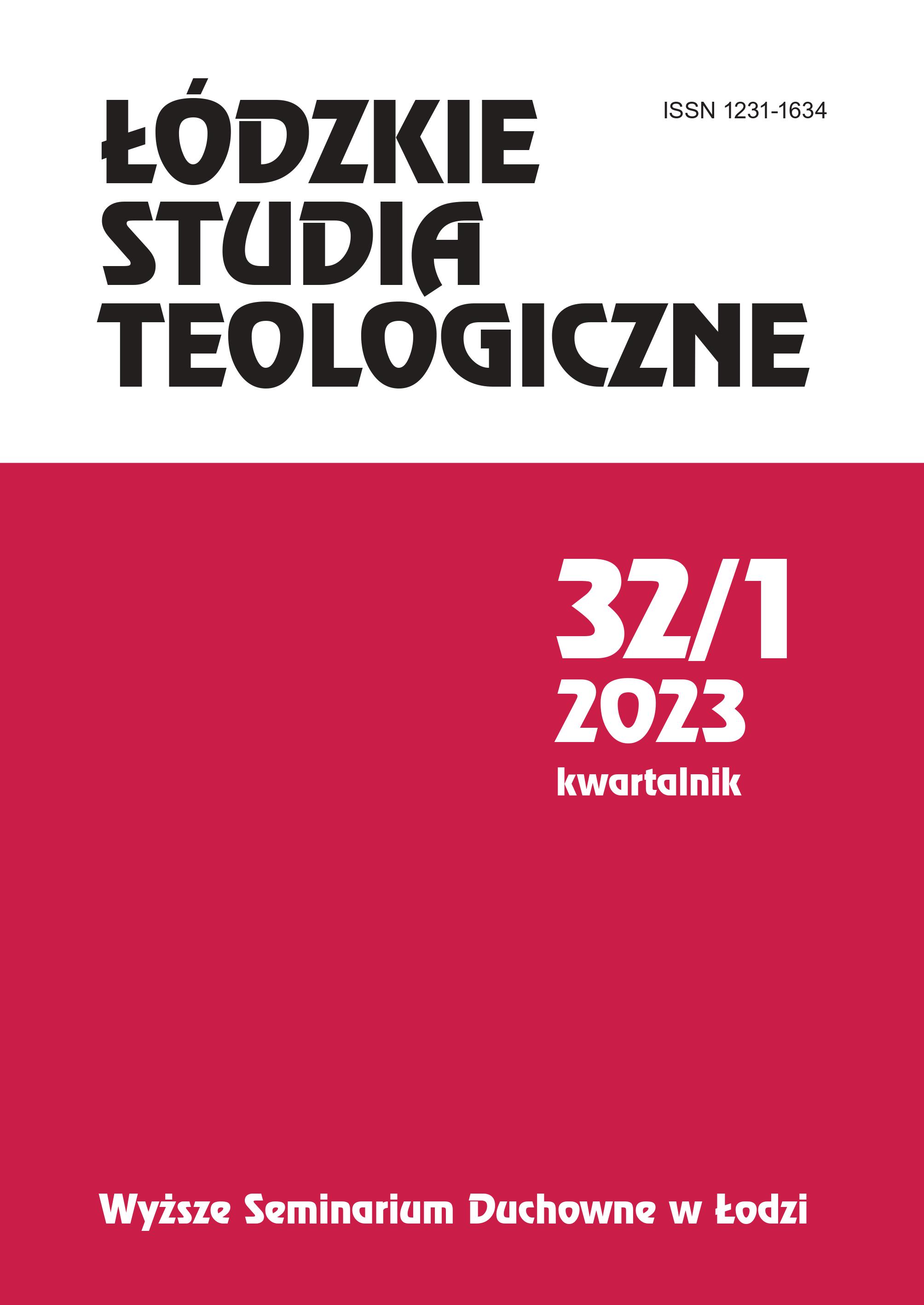Mawlana Wahiduddin Khan’s Critique of Political Interpretation of Islam
Mawlana Wahiduddin Khan’s Critique of Political Interpretation of Islam
Author(s): Ammar AnwerSubject(s): Christian Theology and Religion, Philosophy, History of Philosophy, Special Branches of Philosophy, Theology and Religion
Published by: Wyższe Seminarium Duchowne w Łodzi
Keywords: Politics; Political Islam; Islamism; Totalitarianism; Fascism; Marxism; Secularism; Modernity
Summary/Abstract: The article presents a critique of the political interpretation of Islam, proposed by the Indian thinker Malwana Wahiduddin Khan. The question of the place of politics in Islam has become enormous especially in the face of the extremist actions of militant Islamists: do such actions fit into a particular reading of Islam that springs from a certain understanding of religion, or do they pursue the main purpose of the religion? Is the establishment of an Islamic political order the primary task of everyMuslim?This kind of question comes naturally to anyone concerned about the terrorist activities of militantIslamists. Since they are trying to justify their actions with a particular interpretation of Islam, it is necessary to present a narrative in opposition to theirs interpretation, and to show that such persons,who are far from a sincere adherence to Islam, are guilty of a serious misinterpretation of it. The article serves this purpose by presenting Mawlana Wahiduddin Khan’s critique of political Islam. By the term„political Islam” is meant a particular interpretation of the religion of Islam that sees the faith mainly in socio-political terms.Khan’s criticism is one of the earliest intellectual objections to this understanding of Islam. Although many thinkers have contributed to the theory of political Islam, the article focuses only on the writings of the Indo-Pakistani scholar Mawlana Sayyid Abul Ala Mawdudi and their critical assessment by Wahiduddin Khan. Since the polemic between two thinkers can often be dismissed as inspired by personal conflict or pretension, the article is not limited to Kahn’s criticism of Mawududi, but also assesses it in the light of later scholars.
Journal: Łódzkie Studia Teologiczne
- Issue Year: 32/2023
- Issue No: 1
- Page Range: 69-85
- Page Count: 17
- Language: English

